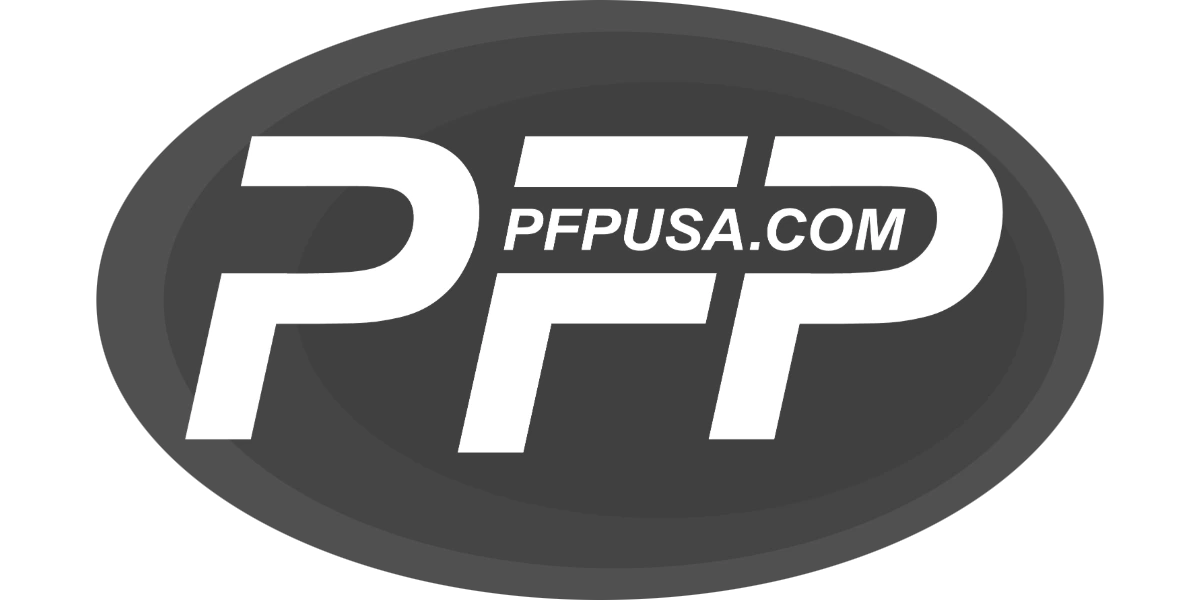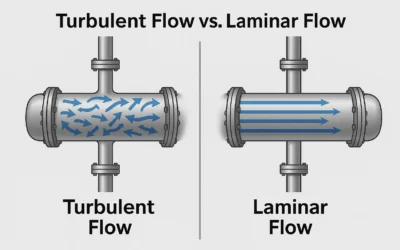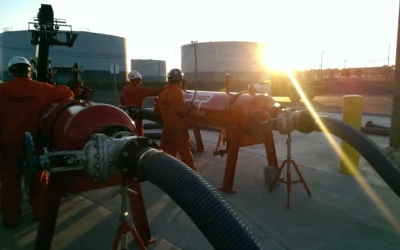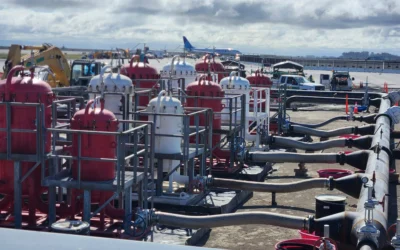A Dairy Products Manufacturer reached out for assistance with a Carbon Exchange Tower Project. Activated Carbon is utilized to treat water in many industrial applications. In this case, carbon media is treating boiler feed water to remove any potential harmful contaminants such as chlorine and organic matter. Water quality is closely monitored to ensure performance and reliability of the boilers.
The Problem
After a period of time in service, Activated Carbon Media must be replaced. The process includes not only replacing the carbon but also transporting theo ld carbon to a regeneration plant.
It was time for the plant to address the aging carbon media!
The Solution
The customer had four (4) carbon towers, each with a capacity to hold 6,000 pounds of media each.
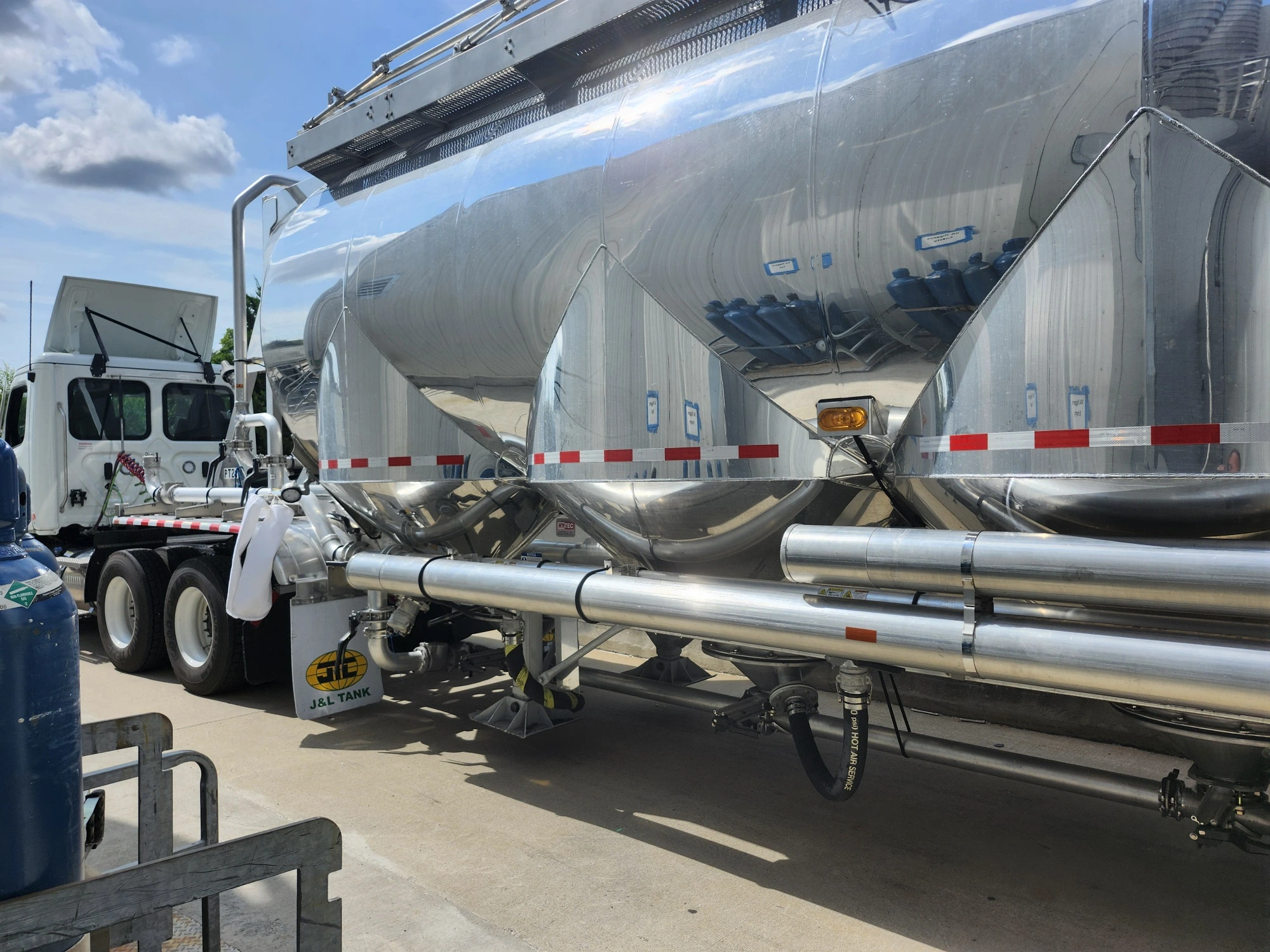
The technical process to perform the carbon exchange included a combination of plant water supply and compressed air. With the use of tanker trucks, the plant water created a slurry in the towers. With the addition of compressed air, the exhausted carbon was pushed through the hoses into the empty bays in the tanker. The carbon media was captured in the truck as the wastewater passed safely into the plant drainage system.
Once the old carbon was fully evacuated, the same process was utilized to slurry the new carbon into the empty towers. With the use of a site glass, level gauge on the truck, and visual inspection, we were able to determine the completion of both the removal and fill process.
Due to the required 8-hour steam sanitization process, and the plants requirement to always have two (2) towers on-line, we conducted the carbon exchange on two (2) towers per day. After the first two towers were sanitized overnight, they were put back on-line and we were able to complete the exchange on the remaining two towers.

Upon completion, both tanker trucks that delivered the new carbon hauled the old carbon to the regeneration plant successfully. It is important to note that before the regeneration plant accepts used material for processing, it is required to have a sample of the carbon sent to a certified lab to test for TCLP and PFAS.
Utilizing our industry resources, PFP was able to effectively supply activated carbon media that met specific site requirements: a virgin, acid washed, kosher media with a mesh size of 12×40. In addition, we facilitated the lab testing and performed the on-site service to the satisfaction of our customer.
Looking for industrial filtration services? Give us a call today to discuss how PFP can save you time and money.

